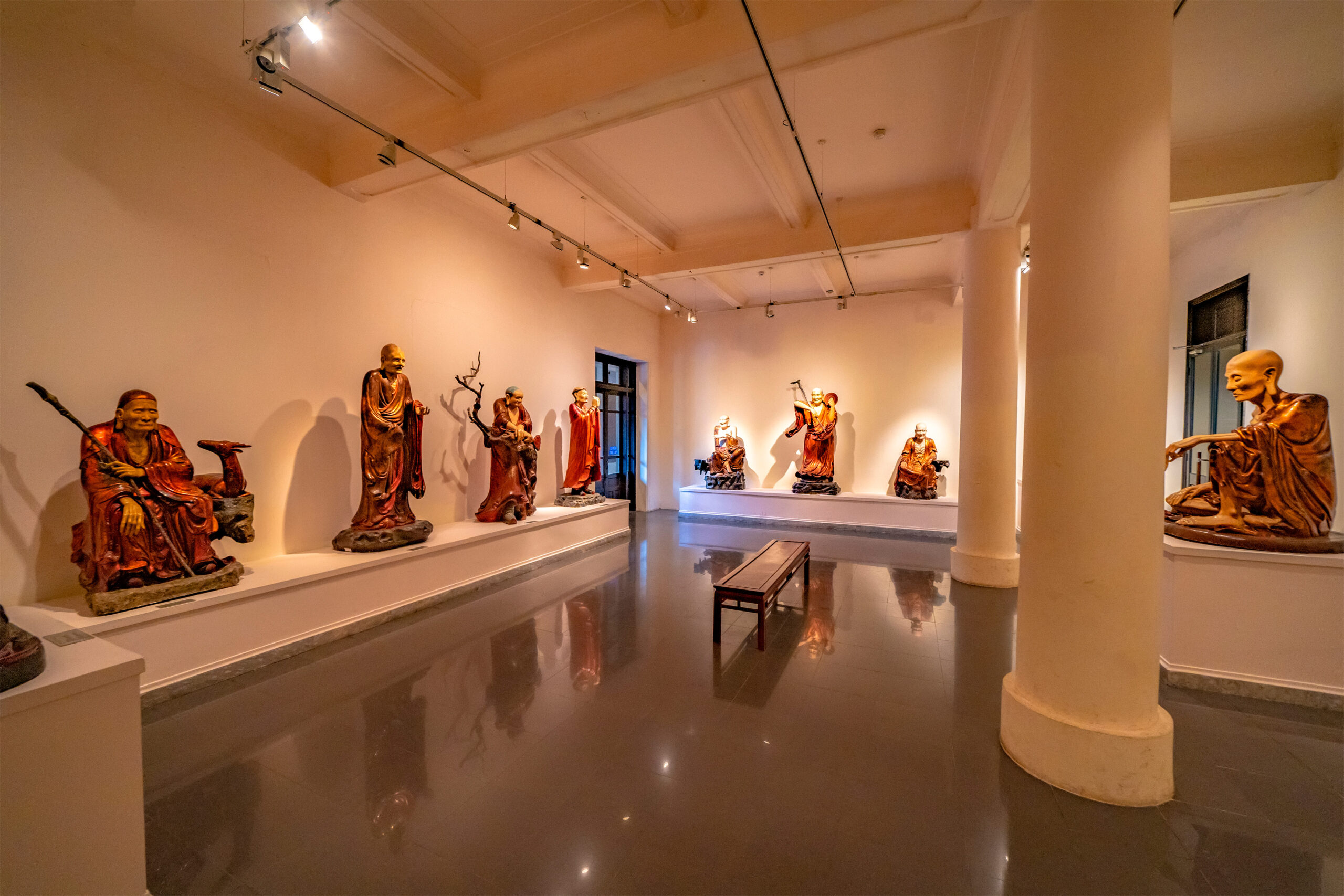In a world where change is constant and uncertainty is the new norm, it can be challenging to find a sense of balance and stability. We are bombarded with information, expectations, and societal pressures, all while trying to navigate our personal and professional lives. However, despite these challenges, it is possible to not only survive but thrive in a world of constant change. This article will explore the art of embracing uncertainty and provide tips on how to adapt and grow in an ever-evolving world.
The Paradox of Control
Human beings have an innate desire for control. We want to know what is going to happen, when it is going to happen, and how it is going to happen. This desire for control is often rooted in fear – fear of the unknown, fear of failure, or fear of disappointment. However, when we cling to the illusion of control, we often limit our potential for growth, creativity, and innovation.
In reality, the only constant in life is change. As the Greek philosopher Heraclitus once said, “No man ever steps in the same river twice, for it’s not the same river and he’s not the same man.” Embracing uncertainty means acknowledging that we cannot control everything and instead, adopting a mindset of adaptability and resilience.
The Importance of Adaptability
Charles Darwin once said, “It is not the strongest of the species that survives, nor the most intelligent that survives. It is the one that is most adaptable to change.” In a world of constant change, adaptability is arguably the most important skill we can cultivate.
Adaptability involves being open to new experiences, ideas, and ways of thinking. It requires flexibility, curiosity, and a willingness to step out of our comfort zones. By embracing adaptability, we increase our ability to navigate the unknown and face challenges with resilience and creativity.
Tips for Embracing Uncertainty
- Cultivate a Growth Mindset
A growth mindset is the belief that our abilities and intelligence can be developed through dedication and hard work. It is the foundation for embracing uncertainty, as it encourages us to see challenges as opportunities for growth and learning. In contrast, a fixed mindset sees abilities and intelligence as fixed traits, leading to a fear of failure and avoidance of challenges.
To cultivate a growth mindset, focus on effort rather than outcomes, embrace failure as a learning opportunity, and practice self-compassion when faced with setbacks.
- Develop Emotional Intelligence
Emotional intelligence is the ability to recognize, understand, and manage our emotions and those of others. By developing emotional intelligence, we can better cope with uncertainty and the emotions that come with it, such as fear, anxiety, and frustration.
To develop emotional intelligence, practice mindfulness and self-reflection, seek feedback from others, and develop empathy and active listening skills.
- Learn to Let Go
One of the most effective ways to embrace uncertainty is to learn to let go of the things we cannot control. This involves recognizing the difference between what we can and cannot control and focusing our energy on the things that are within our power to change.
To practice letting go, try incorporating mindfulness techniques, such as meditation or deep breathing exercises, into your daily routine. These practices can help you become more aware of your thoughts and feelings, allowing you to release them and focus on the present moment.
- Surround Yourself with Positivity
The people we surround ourselves with can have a significant impact on our mindset and attitude towards uncertainty. By surrounding ourselves with positive, supportive individuals, we can create an environment that encourages adaptability and resilience.
Seek out friends, family members, or colleagues who inspire and uplift you. Engage in activities that bring you joy and foster a sense of community and support.
- Stay Curious
Curiosity is the driving force behind creativity and innovation. By staying curious and open to new ideas, we can better adapt to change and embrace uncertainty.
To foster curiosity, ask questions, seek out new experiences, and challenge your assumptions. Embrace lifelong learning by taking courses or attending workshops in areas of interest.
- Practice Gratitude
Gratitude can help shift our focus from what we cannot control to what we can appreciate and enjoy in our lives. By practicing gratitude, we can develop a more positive outlook and become more resilient in the face of uncertainty.
To practice gratitude, try keeping a daily gratitude journal, expressing appreciation to others, or engaging in mindfulness practices that focus on gratitude.
Conclusion
Embracing uncertainty is not an easy task, but it is essential for thriving in a world of constant change. By cultivating a growth mindset, developing emotional intelligence, learning to let go, surrounding ourselves with positivity, staying curious, and practicing gratitude, we can develop the resilience and adaptability needed to navigate life’s uncertainties with grace and poise. In doing so, we open ourselves up to growth, creativity, and innovation, ultimately leading to a more fulfilling and meaningful life.




